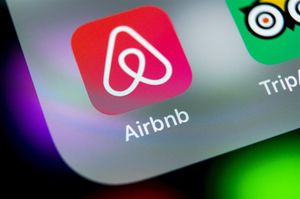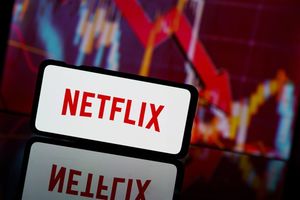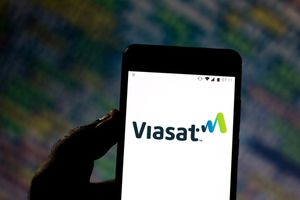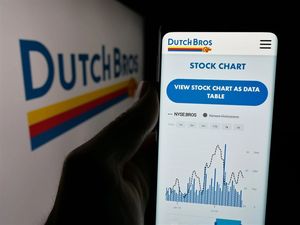Biostar's Angel Stem Cell Therapy Approved for Clinical Use in Japan; Treatments Begin August 7th
LOS ANGELES, CA / ACCESS Newswire / August 8, 2025 / Biostar Stem Cell Technology Research Institute, led by Director Jeong Chan Ra and jointly operated by R BIO and Nature Cell, announced that its regenerative autism treatment has been officially approved by the Japanese Ministry of Health, Labour and Welfare. The approved therapy, which uses autologous fat-derived mesenchymal stem cells, will be offered at Osaka Trinity Clinic, a Biostar-affiliated medical center.
With this approval, patients diagnosed with autism spectrum disorder (ASD) aged four or older are now eligible to receive regenerative treatment at Osaka Trinity Clinic. The treatment involves 50 million to 300 million stem cells intravenously, administered over 5 to 10 sessions, 2 to 4 weeks apart. The safety and efficacy of the treatment are evaluated three months after the final session using the standardized Social Responsiveness Scale-2 (SRS-2), a widely used diagnostic tool for autism.
Stem cells for the treatment are jointly supplied by RBIO, which uses Nature Cell's proprietary culture medium, and Japan's JASC. With this approval, Nature Cell's stem cell culture business is expected to expand its global footprint.
Autism spectrum disorder is a neurodevelopmental condition that affects approximately 61.8 million people worldwide- or about 1 in every 127 individuals. For families living with autism, everyday life can be a constant challenge. Children may have difficulty regulating emotions, express themselves through sudden outbursts, or require near-constant supervision. Parents often describe feeling isolated, unable to enjoy simple activities like dining out or traveling together.
However, new stories of hope are beginning to emerge. One such case is Seok Ho, an 18-year-old who had previously only spoken a few basic words like "Mom" and "gimbap." Following treatment with Biostar's stem cell therapy, he began expressing himself in complete phrases such as "I have a headache" and "Dad, let's go to the sauna." Once unable to be left alone, he can now cook ramen by himself. His parents were deeply moved when, at his grandfather's grave, Seok Ho clearly said, "Grandpa, Seok Ho is here." His mother shared, "We are overjoyed."
The science behind the therapy is rooted in the regenerative and neuroprotective properties of autologous fat-derived mesenchymal stem cells. These cells have been shown to promote healing of damaged brain tissue and modulate immune responses. The treatment is conducted under Japan's Safety and Security Act, ensuring high standards of safety and credibility.
Biostar is the first to demonstrate the therapeutic effect of these stem cells in animal models of autism. In tests using valproic acid-induced autism mouse models, core ASD symptoms- including social deficits, repetitive behaviors, and anxiety- were significantly improved. The research was published in the internationally recognized journal Behavioural Brain Research, adding scientific validation to Biostar's clinical approach.
Dr. Jeong Chan Ra, Director of Biostar Stem Cell Technology Research Institute, expressed optimism: "With the recent approval by Japan's Ministry of Health, Labour and Welfare, patients and their families worldwide will now have access to Korea's advanced stem cell technology. In addition, we intend to expedite the development of new therapeutic applications in the United States by systematically collecting and analyzing clinical data before and after treatment."
For inquiries, please contact:
Biostar PR & Marketing Department
Phone: +82-08-6978-9209, +82-02-6978-9225/ Email: janeshin@stemcellbio.com
SOURCE: Stemcell Bio, Inc.
View the original press release on ACCESS Newswire






